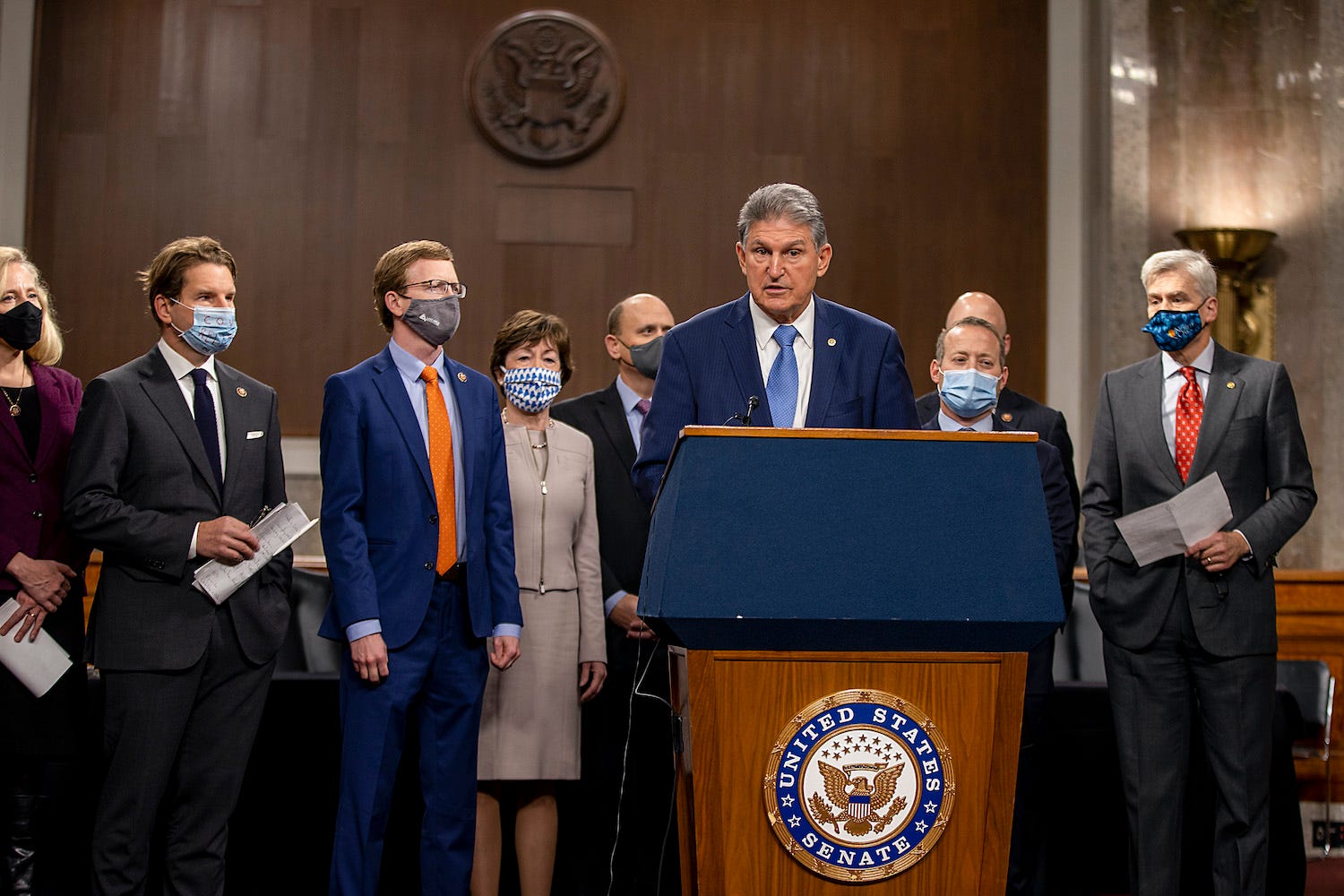
Tasos Katopodis/Getty Images
- A major spending bill and compromise COVID-19 relief legislation is finally within sight, but will probably take at least another week to iron out, two sources familiar with the matter told CNN.
- Stalled negotiations on Capitol Hill have delayed the legislation for months.
- Two notable barriers between Democrats and the GOP in relief negotiations are liability protections for businesses and federal funds for state and local governments.
- Visit Business Insider’s homepage for more stories.
After months of stalled stimulus negotiations on Capitol Hill, Congress had a major breakthrough last week, with a major spending bill and compromise COVID-19 relief legislation finally within sight.
But Congressional lawmakers will likely need at least another week to iron out differences and reach an agreement, according to two sources who spoke with CNN.
While the $2 trillion Coronavirus Aid, Relief, and Economic Security Act, or CARES Act, which provided an economic lifeline to laid-off employees and businesses affected by COVID-19 and easily passed both houses of Congress with bipartisan support in March, passing another large stimulus package has proved elusive.
According to CNN, talks “moved slowly” on Saturday regarding the spending bill needed to keep government running and to provide for a new stimulus relief package.
The two biggest barriers between Democrats and Republicans in a relief package are liability protections for businesses, a top GOP priority, and federal funds for state and local governments, which Democrats have said is a necessity with so many states and localities facing massive budget shortfalls as a result of the coronavirus.
In a previous CNN report, congressional aides revealed that members are working in small teams to dedicate themselves to particular parts of the bill.
While Democratic Sen. Dick Durbin of Illinois and GOP Sen. John Cornyn of Texas are hashing out a compromise for liability protections, GOP Sen. Mitt Romney of Utah and Democratic Sen. Joe Manchin of West Virginia are devising a formula for state and local government funding, with possible disbursement caps, according to CNN. The caps would prevent larger states from receiving funding amounts similar to what was doled out months ago.
The current stimulus proposal features $300 federal weekly enhanced unemployment benefits, an extension of the freeze on federal student loan payments, an eviction moratorium, and additional Paycheck Protection Program (PPP) funds for small businesses, among other measures.
According to the aides, GOP Senate Majority Leader Mitch McConnell has requested to see a proposal on Monday.
President-elect Joe Biden on December 3 endorsed the $908 billion compromise relief package, saying that "it should be passed," while noting that he will seek additional federal aid after he takes office on January 20, 2021.
During an economic roundtable last week, Biden said that the relief plan "at best, is only going to be a down payment for what's going to happen early next year."
He added: "My transition team is already working on what I will put forward for the next Congress to address the multiple crises we're facing, especially the economic crisis and COVID."
Lawmakers will also have to come to an agreement on the $1.4 trillion spending bill to avert a shutdown and keep government running past December 11. With the deadline fast approaching, Congress is looking at a weeklong, stop-gap spending bill that would extend government funding through December 18.
Congressional Democrats and Republicans are both looking to attach a coronavirus relief package to the spending bill.
Dit artikel is oorspronkelijk verschenen op z24.nl
